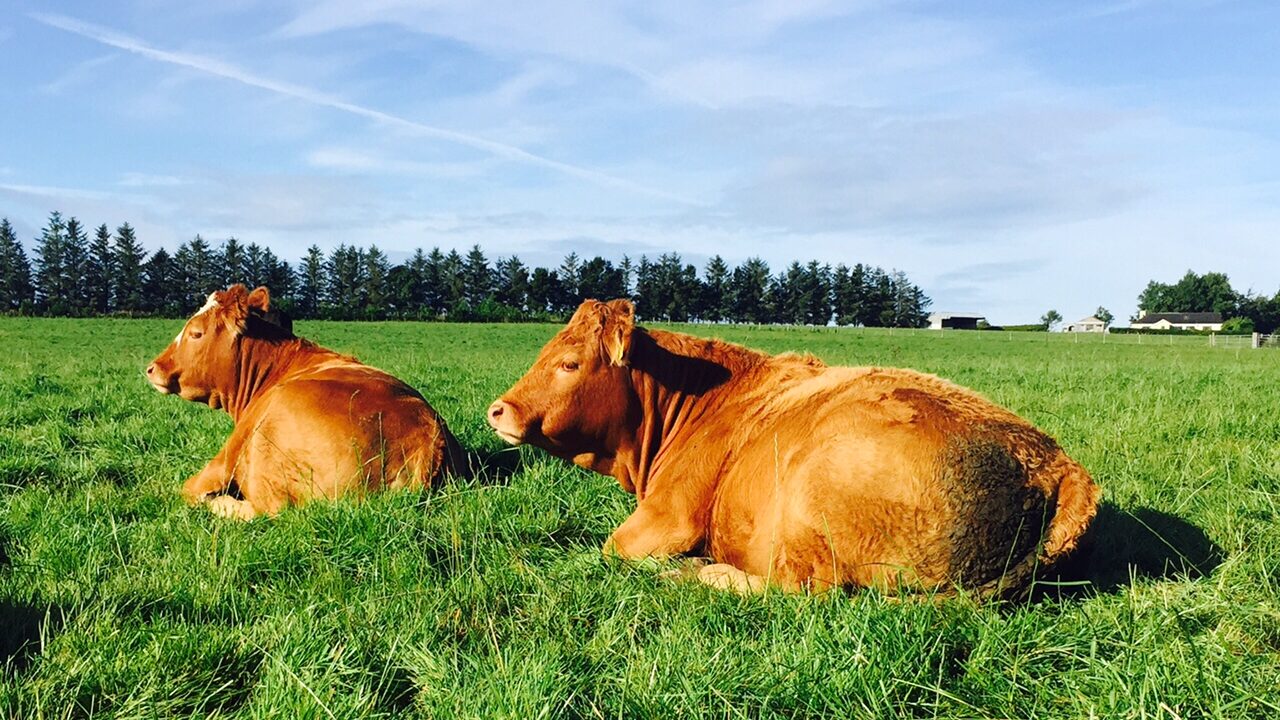Because of the Common Agricultural Policy (CAP) 2014-2020’s expected roll-over, the Beef Plan Movement has warned that farmers will end up working according to a ‘reference period’ that dates back 20 years.
These were the sentiments expressed by Eamon Corley – co-founder and spokesperson of the Beef Plan Movement – after Sean Kelly, MEP for Ireland-South, indicated in an episode of FarmLand that the much-anticipated reform of the CAP post-2020 is now expected to be pushed back. This is due to increasing deadline pressures in Brussels ahead of the upcoming European elections in May.
‘Inequality and unfairness’
The MEP said that while the situation was “disappointing” and a lot of progress had been made, CAP had been delayed in the agricultural committee and would not be voted on until April.
Corley, meanwhile, says that there are a lot of farmers in Ireland that regard the reference period in the current policy as “very unfair and of very little relevance”.
He also pointed out that a two-year delay to the CAP post-2020 “would suit the factory feedlots on massive payments and the inactive farm”.
Farmers were hopeful that a more up-to-date reference period would have been applied in the new CAP and because of the roll-over all of that is going to be delayed.
He added: “Farmers are now expected to continue on with their farming based on a reference period that dates back 20 years.”
Distribution of funds
The Beef Plan Movement co-founder also pointed to the high level of payments that some entities are in receipt of under CAP and the importance of addressing this particular issue in any CAP proposals going forward.
There are very high payments to some farmers, but the highest payments seem to be going to businesses – not to family farms.
Corley continued: “Farmers would be hoping for a more equal distribution of CAP and of course that will not be happening now for at least another two years.”
He went on to say that, in order for equal distribution to work, active farmers need to be rewarded for the work that they do.
“With regard to the CAP budget it is very unclear about what portion goes to farmers and what portion goes to administration, for example, or to the farming bodies – this is something that also needs to be clarified and then compared with the same expenses in other EU countries,” continued Corley.
“At the moment there is a lot of uncertainty about when the UK will leave the EU and that makes it difficult to do out a budget for CAP.”
